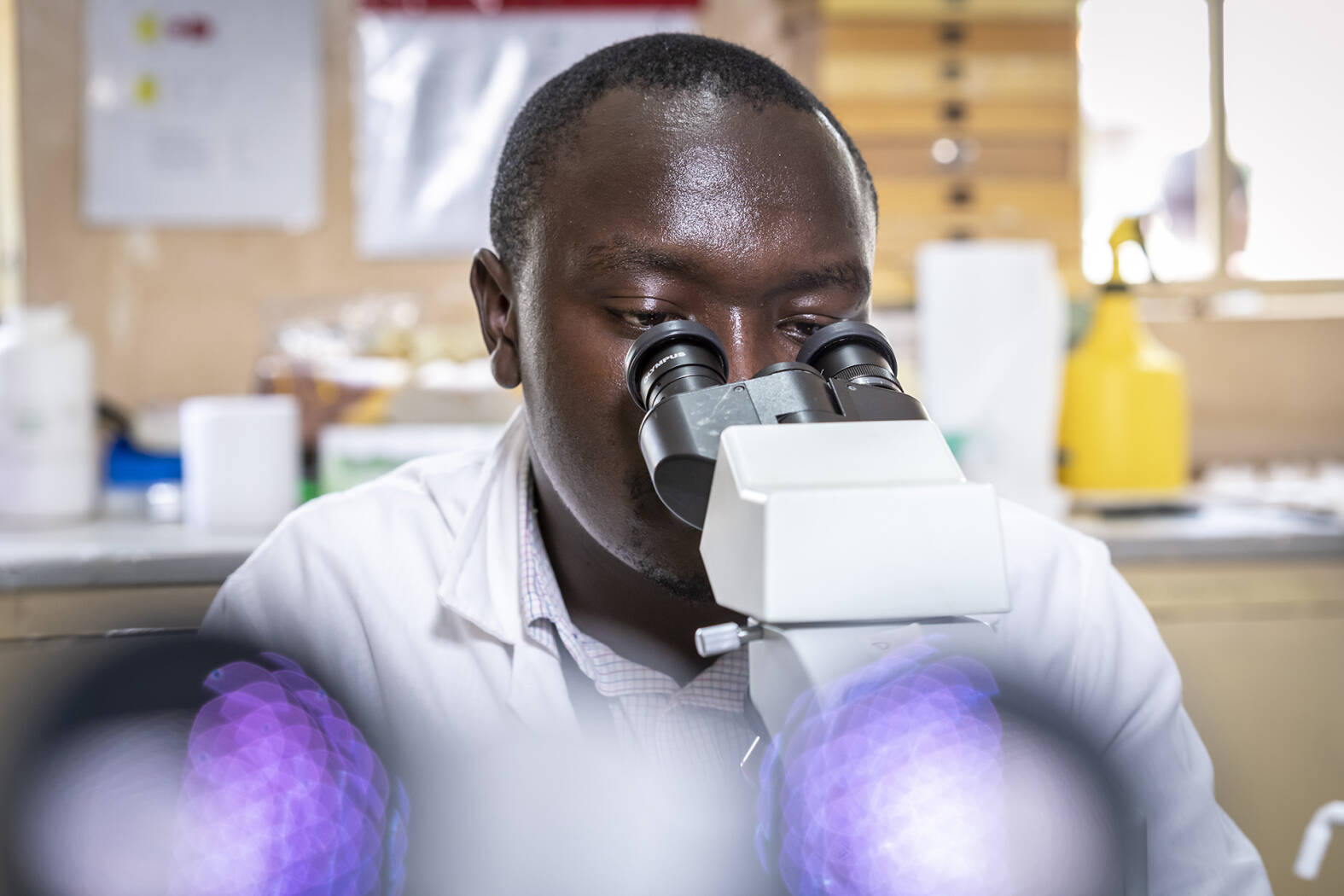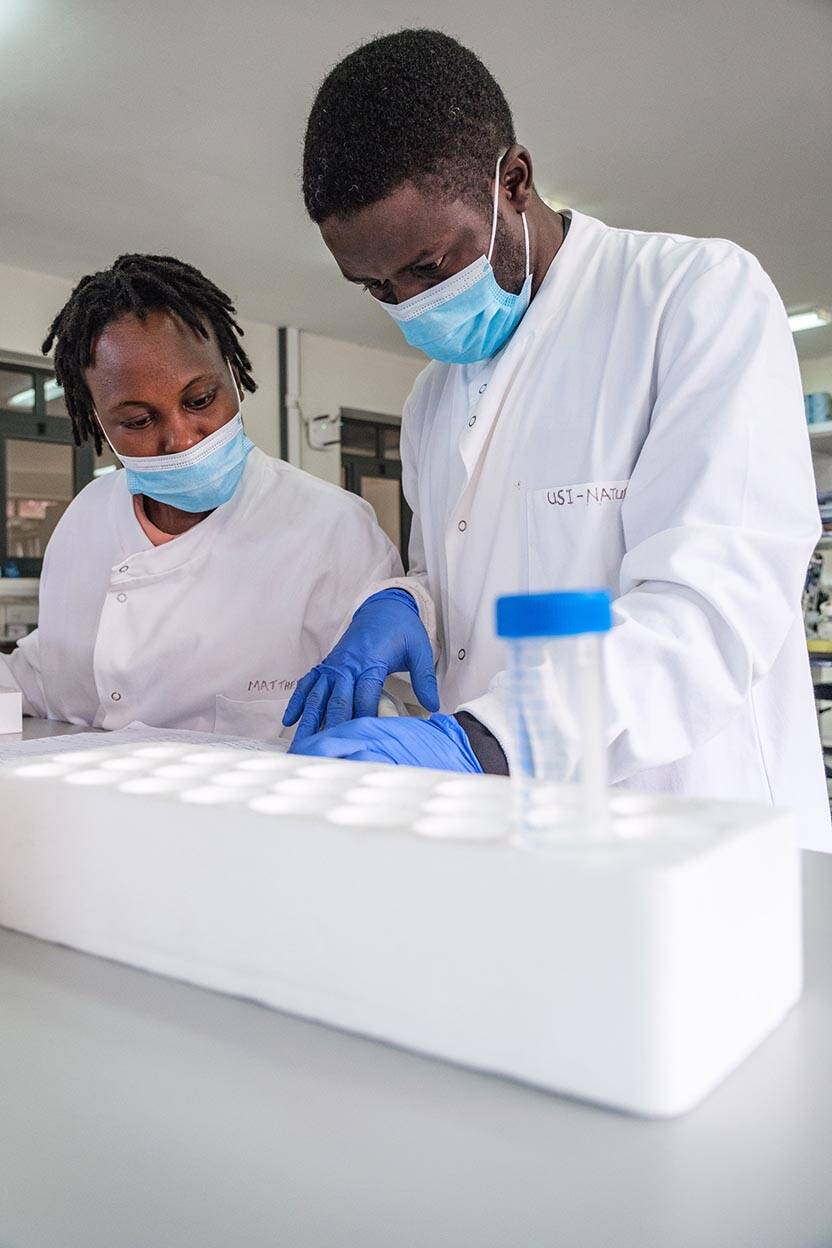Although Th22 cells were initially thought not to be involved in TB immunity, several lines of evidence began to suggest that they could be contributing to protection. Professor Burgers strengthened this evidence by showing that latent Mtb infection – infection without progression to TB disease – was associated with a strong Th22 response. Moreover, this response was markedly reduced in people living with HIV, who are at heightened risk of active TB disease. Further work provided more information about the functions of Th22 cells and confirmed the reduced response in people living with HIV and in those with active TB disease.

scroll down
During the COVID-19 pandemic, Professor Burgers has been using her expertise in T cell biology to investigate this aspect of the immune response to SARS-CoV-2. Although much attention has focused on antibody responses, T cells are also likely to have a critical role to play in protection, particularly at later stages of infection and in prevention of severe disease. They may also be important in the development of cross-protective immunity – of great significance, given the capacity of SARS-CoV-2 to evolve so rapidly.
These studies have revealed important features of the T cell response to SARS-CoV-2 variants. For example, a comparison of antibody and T cell responses to the beta variant and the original Wuhan strain revealed that, while some SARS-CoV-2-specific T cells failed to respond to the beta variant, most still did, with T cell responses being preserved much better than antibody responses.
In addition, in vaccinated and previously infected people, most T cell responses to the omicron variant were preserved, despite a significant evasion of antibody responses due to mutations in the omicron spike protein. After a year and a half, South African healthcare workers who had been vaccinated and/or experienced SARS-CoV-2 infections were still mounting strong and broad T cell responses, including to highly mutated forms of omicron, further pointing to the likely importance of T cells in long-term protection against SARS-CoV-2.
A quarter of the world’s population is infected with the bacterium that causes TB, Mycobacterium tuberculosis (Mtb) but, of these, only around one in ten go on to develop active TB disease. In most cases, the body therefore seems able to control Mtb infections. Unfortunately, the immune response to Mtb is extremely complex, and it is not clear exactly which elements are most important for protective immunity. This is a major obstacle to the development of new vaccines for TB, as it is unclear what the most desirable immune responses triggered by vaccination should be.
Nevertheless, there is good evidence that T cells play an important role in protection against Mtb. Many different classes of T cell exist, however. Professor Burgers has focused on one particular class, known as Th22 cells, as they produce the intercellular messenger molecule interleukin-22 (IL-22). IL-22 appears to have a wide range of functions, orchestrating responses to infections.
EDCTP Senior Fellow Professor Wendy Burgers has identified a potentially critical immune response that appears to protect against TB, and has also made major contributions to COVID-19-related research.

TB, T cells and COVID
